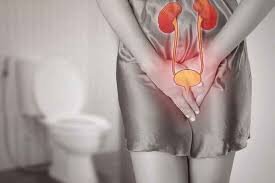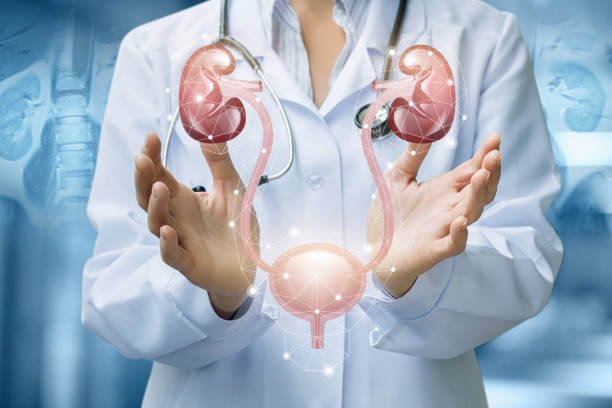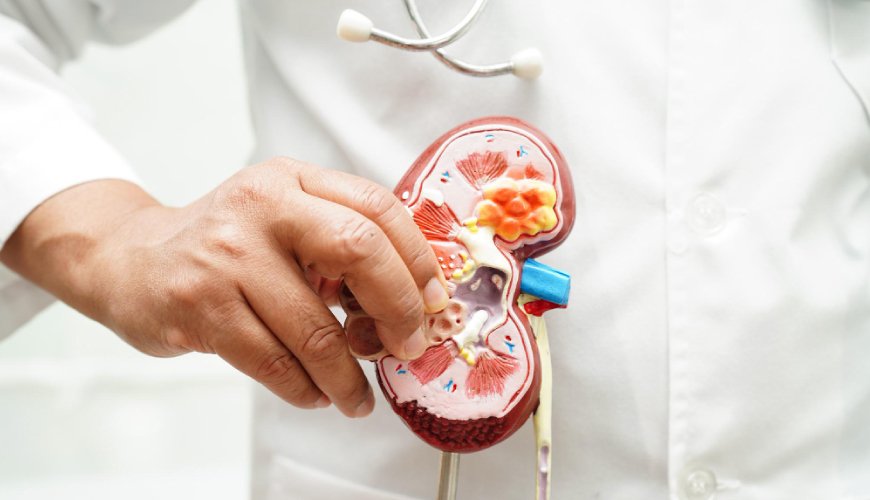Urology, the branch of medicine that deals with the urinary tract and male reproductive organs, is often seen as a field primarily focused on men. However, women also face a range of urological issues that require specialized care. From urinary tract infections (UTIs) to pelvic floor disorders, women’s urological health is crucial to overall well-being. In this post, we’ll explore common urological concerns for women, how they can impact health, and the importance of seeking professional care.

Common Urological Issues in Women
Women experience a variety of urological issues that can affect their urinary system, reproductive health, and overall quality of life. Some of the most common conditions include:
- Urinary Tract Infections (UTIs): UTIs are among the most frequent urological problems for women. Due to their shorter urethra, women are more prone to infections caused by bacteria entering the urinary tract. Symptoms of UTIs include painful urination, frequent urges to urinate, and lower abdominal discomfort. UTIs are treatable with antibiotics, but recurrent infections may indicate a more serious underlying issue that requires medical attention.
- Overactive Bladder (OAB): Overactive bladder is a condition characterized by frequent and urgent urination, sometimes accompanied by incontinence. Women may experience OAB due to age, pregnancy, childbirth, or hormonal changes during menopause. While it can be embarrassing, treatment options such as bladder training, medications, and lifestyle changes can help manage symptoms effectively.
- Pelvic Floor Disorders: Pelvic floor disorders occur when the muscles and ligaments that support the bladder, uterus, and rectum become weakened or damaged. This can lead to conditions like stress urinary incontinence, where urine leaks during activities such as coughing, sneezing, or exercising. Childbirth, aging, and hormonal changes can contribute to pelvic floor dysfunction, which can be treated with physical therapy, medications, and in some cases, surgery.
- Kidney Stones: Although kidney stones are more commonly discussed in men, women can also develop this painful condition. Stones can form when minerals in the urine crystallize, leading to blockages and intense pain. Women who experience frequent UTIs, dehydration, or obesity may be at a higher risk for kidney stones.
- Bladder Prolapse: Bladder prolapse, also known as cystocele, occurs when the bladder drops from its normal position due to weakened pelvic muscles. This can cause difficulty emptying the bladder, urinary retention, or incontinence. Bladder prolapse is often linked to pregnancy, childbirth, and aging, and treatment can include pelvic floor exercises or surgical intervention in severe cases.
The Impact of Pregnancy and Childbirth on Urological Health
Pregnancy and childbirth can have a significant impact on a woman’s urological health. The pressure placed on the bladder and pelvic organs during pregnancy can lead to issues like urinary incontinence or overactive bladder. Additionally, vaginal childbirth can sometimes weaken the pelvic floor muscles, increasing the risk of pelvic floor disorders, urinary incontinence, or bladder prolapse.
It’s essential for women to receive proper care during pregnancy to monitor any potential urological issues. Postpartum care should also include pelvic floor rehabilitation to strengthen the muscles and reduce the risk of long-term urinary problems.
The Role of Menopause in Urological Health
As women approach menopause, the drop in estrogen levels can lead to a range of urological issues. The bladder and urethra may become less elastic, increasing the risk of incontinence and urinary tract infections. In addition, pelvic floor muscles may weaken, further contributing to bladder control issues. Hormone replacement therapy (HRT) may help alleviate some of these symptoms, but lifestyle changes, pelvic exercises, and medications can also play a significant role in managing urological health during menopause.
Preventing Urological Issues: Tips for Women
Prevention is key when it comes to urological health. Here are some simple steps women can take to reduce the risk of developing urological problems:
- Stay Hydrated: Drinking plenty of water helps flush bacteria from the urinary system and prevents the formation of kidney stones. It’s important to drink enough water throughout the day, especially if you are prone to UTIs.
- Practice Good Hygiene: Wiping from front to back after using the bathroom helps prevent bacteria from entering the urethra and causing infections. Also, avoiding harsh soaps or feminine hygiene products can help reduce irritation.
- Strengthen the Pelvic Floor: Pelvic floor exercises (such as Kegel exercises) can help strengthen the muscles that support the bladder, uterus, and rectum, reducing the risk of incontinence and pelvic floor disorders.
- Avoid Holding Urine: Urinating regularly and not holding it in for long periods is important for maintaining bladder health. Delaying urination can increase the risk of bladder infections and kidney damage.
- Limit Caffeine and Alcohol: Both caffeine and alcohol can irritate the bladder and worsen symptoms of overactive bladder or incontinence. Limiting these substances may help manage symptoms.
When to See a Urologist
If you’re experiencing persistent urological issues such as frequent UTIs, incontinence, painful urination, or pelvic discomfort, it’s essential to see a urologist. Early intervention can help identify the root cause of the issue and prevent complications. Urologists specialize in diagnosing and treating conditions affecting the urinary tract and reproductive organs, providing women with targeted, effective care.
Conclusion
In conclusion, urology is an important aspect of women’s health that should not be overlooked. Conditions like UTIs, pelvic floor disorders, and kidney stones can significantly affect a woman’s quality of life. Early detection, proper care during pregnancy and menopause, and preventive measures like pelvic exercises and good hydration are crucial for maintaining optimal urological health. By seeking timely medical advice and following healthy lifestyle practices, women can manage and prevent many common urological issues and maintain their overall well-being.











